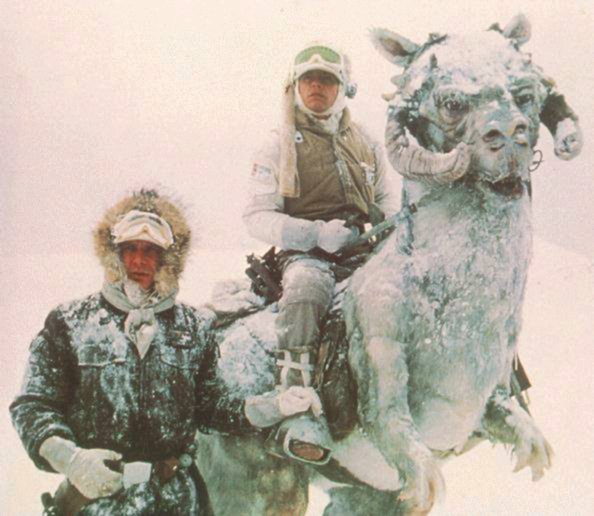Can You Have an Ice Age in the Middle of Global Warming?
Posted by Andrew on January 11th, 2010According to some scientists at the Daily Mail, the answer is yes. A long term global warming trend due to CO2 emissions doesn’t preclude the possibility of nature deciding to flip the bit at least for a few decades and make things cooler.
Even though United States and other parts of the world are experiencing record cold temperatures, climate scientists are quick to point out (and rightly so), that doesn’t change the fact that CO2 absorbs infrared energy that would normally bounce back into space and that we’re producing a lot more CO2 than ever. The big question is how much does this CO2 contribute to global temperatures and how much warming is due to other natural factors?
The debate gets sticky when people claim it’s either one or the other. Professor Mojib Latif, a UN scientists and leading member of the IPCC is a global warming scientist who fully accepts that CO2 is a contributing factor to climate change – but questions how much. Global warming proponents are critical of him for suggesting that not all temperature increase is due to man made CO2. Global warming deniers (not the same as skeptics) are upset that he still believes CO2 is a contributing factor.
His data is based upon the role the oceans play in contributing to global temperatures. He attributes the latest cooling trend to ‘multi-decadal oscillations’ (MDOs). He called the current cooling temps back in 2008. His research goes on to indicate that we could be in for a several decade long mini ice age before things get warmer again thanks to nature and man-made CO2.
If this is the case, then there’s an argument to be made that we should be thankful of all the CO2 we put in the atmosphere, because the winters are going to be milder than they would have had we miraculously stopped producing CO2 in the 1990’s.
The more we study climate, the weirder it gets. A recent study mentioned here at Weird Things a few weeks ago pointed out that core sample data indicates that historical temperature changes can come a lot faster than previously thought. Frequent mini ice ages may be the norm. You can read the Live Science article here: Big Freeze: Earth Could Plunge into Sudden Ice Age
